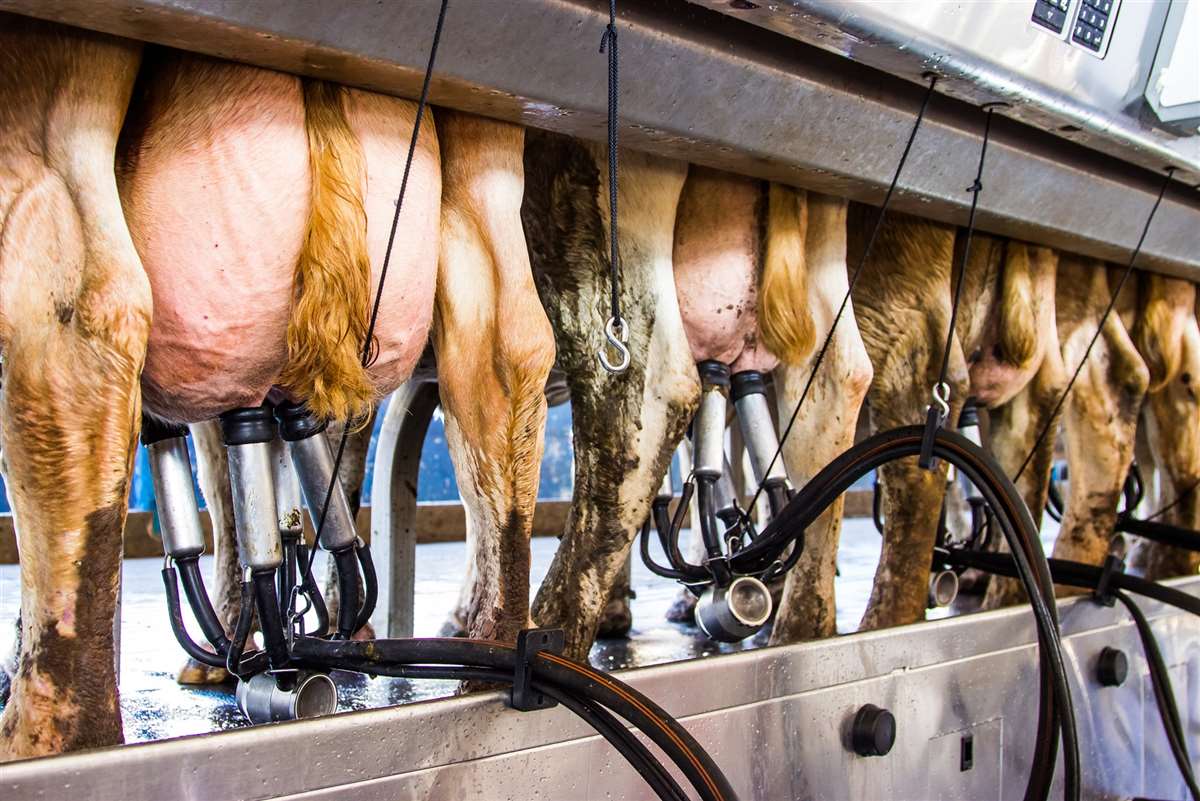A shed fire in 2019 was almost a blessing in disguise for the de Jong family, who own and operate ELBI Dairy in La Broquerie, Manitoba.
Michael de Jong, who represents the second generation of family farmers, said the fire left them with a new vision for dairy products. “At the time, we also knew that labor shortages were a constant concern in our region,” says de Jong.
Early days
In 1998, Michael’s parents, Pieter and Astrid de Jong, immigrated to Canada from the Netherlands, purchasing a shed with 55 tie stalls in Kleefeld, Manitoba. In 2002, an opportunity presented itself with the purchase of their current dairy farm which allowed the family to grow to 350 cows. Over time, Peter and Astrid, along with their children Michael, John-Peter and Alex, now manage a herd of 900 dairy cows and cultivate 4,500 acres (about 1,800 hectares).
Technological adaptation
After the 2019 fire, the de Jongs opted to install four milking robots, along with two manure collectors and feeding automation. Two years later, the decision was made to increase investments in technologies and automation. “We finished placing the last milking robot in July 2021,” Jong shares. “The cows responded well to the milking robots and the overall modernization project.
Over time, the Jongs report seeing a increase from 7 to 8 liters per cow at milk production and his somatic cell count (SCC) dropped from 183,000 to 88,000. “I saw a 52% reduction trim due to the corrals being cleaner and free of manure buildup when Lely was discovered in a short year,” says de Jong. “Overall, the cow health improved and they seem comfortable and happy. Honestly, I don’t regret making the switch to automation.
Move on
“Technology creates opportunity and we decided to take this opportunity for our farm and we haven’t looked back,” de Jong said. “THE technology has made our farm more efficient in management style, help us as producers to make management decisions. Additionally, it has allowed us to be more efficient per cow by capturing more milk production and reducing overall costs. This creates awareness, allowing us to see how the cow is feeling and her general health.
THE Switching from conventional to robotic milking has its benefits according to de Jong. “Less physical work for employees, which creates a more positive work environment,” he said. “Cows are not as stressed and can establish a desired daily routine and are generally happier in their environment.”
The information comes from Dairy herd managementtranslated and adapted by the MilkPoint team.

“Pop culture fan. Coffee expert. Bacon nerd. Infuriatingly humble communicator. Friendly gamer.”







